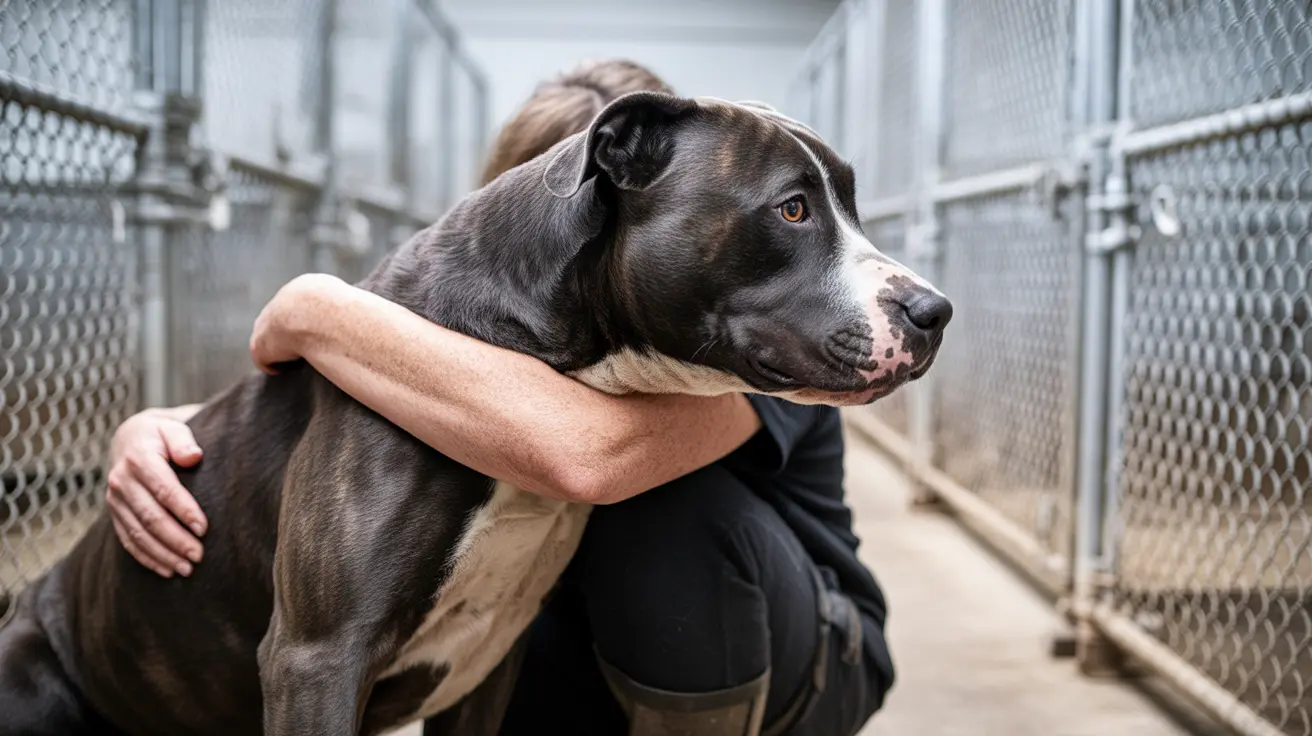How Cats Recognize Their Owners: A Fascinating Look
Many cat owners have wondered whether their feline companions truly know who they are or simply tolerate their presence for food and comfort. The answer is more heartwarming and grounded in science than you’d expect — cats can recognize their owners. Although their way of expressing affection and familiarity may differ from dogs or humans, cats are perceptive creatures with sharp memories and keen senses.
Understanding Feline Perception
Cats navigate the world using a complex combination of senses. Their recognition process doesn't rely solely on sight — although they can see you — but more significantly on their ability to smell, hear, and detect patterns.
- Scent: Cats have an extraordinary sense of smell, at least 14 times stronger than that of humans. They use scent to identify people and places. A cat can distinguish its owner’s unique body odor, especially because they often rub against you to mark you with their own scent in return.
- Voice Recognition: Multiple studies, including a famous one from 2013, confirmed that cats recognize their owner’s voice and often respond by moving their ears or head, even if they don’t approach or meow back.
- Routine and Behavior: Cats are sensitive to daily habits. They quickly learn their owner’s schedule and behavioral patterns, from feeding times to how they enter a room, and associate those cues with specific people.
Scientific Evidence Supporting Recognition
Researchers have examined feline behavior to see how well cats can distinguish between humans. Several studies have concluded that cats can recognize their owners and differentiate them from strangers. For example, a 2013 study published in the journal Animal Cognition found that cats responded differently to recordings of their owner's voice than to unfamiliar voices, showing recognition even in the absence of visual cues.
Why Cats May Not Show Obvious Affection
Unlike dogs who often run to greet their owners with wagging tails, cats tend to show affection in subtler ways. This doesn’t signify a lack of recognition or love. Rather:
- Independent Nature: Cats are more solitary animals by nature, often preferring calm, controlled displays of attachment.
- Non-verbal Cues: Cats may demonstrate affection by rubbing against you, purring in your lap, slow blinking, or sitting nearby.
- Routine Deviations: If you’ve been away for a while, a cat might initially act aloof or even hide – this is a coping mechanism, not a sign of disinterest.
The Role of Memory in Recognition
Cats possess both short- and long-term memory. This capability allows them not only to recognize their owners but also to remember past interactions—positive or negative. They associate your voice, movements, scent, and treatment with their personal experiences, reinforcing the recognition loop.
Signs Your Cat Recognizes You
There are many telltale behaviors that indicate your cat knows exactly who you are:
- Slow blinks when making eye contact — often called "kitty kisses."
- Running or walking towards you when you enter your home.
- Following you from room to room or waiting at the door.
- Purring when near you, especially when you’re talking or petting them.
- Bringing you “gifts,” such as toys or, in rare cases, small prey.
Tips to Build a Stronger Bond With Your Cat
Recognizing you is just the beginning. To deepen your relationship with your cat, consider the following strategies:
- Daily Interaction: Spend quality time playing and engaging with your cat to build trust.
- Positive Reinforcement: Use treats and a calm voice to reinforce good behavior and affection.
- Respect Boundaries: Pay attention to your cat’s mood and body language to avoid over-stimulation.
- Consistent Routine: Stick to feeding and playtime schedules, helping your cat feel secure.
Conclusion
Cats do indeed recognize their owners and form strong emotional bonds over time. While their methods of showing familiarity may seem subtle or reserved, there's no doubt that they remember and distinguish the people in their lives. With patience, routine, and kindness, your cat will not only recognize you but actively seek your companionship.





